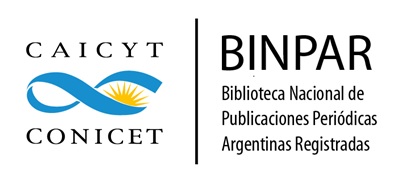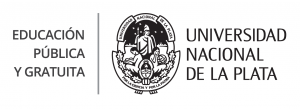Of Uncertainties and Few Certainties
Considerations of San Salvador de Jujuy Students in Pandemic Scenarios
DOI:
https://doi.org/10.24215/18524907e048Keywords:
communication, education, youth, digital gapAbstract
In this article, the authors inquire how a heterogeneous group of students from San Salvador de Jujuy (Argentina) are going through their new academic and social lives in pandemic´s times. In COVID-19 context, in which all planes of life were affected, they want to know how students of the last year of the secondary level of Jujuy´s province and students of the university level of the degree in Social Communication of the Facultad de Humanidades y Ciencias Sociales of the Universidad Nacional de Jujuy are going through this moment.
Downloads
Metrics
References
Bárcena, F. (4 de junio de 2020). ¿Qué significa dar una clase? Sobre profesores y estudiantes. CuartoPoder. Recuperado de https://www.cuartopoder.es/ideas/2020/06/04/que-significa-dar-unaclase-sobre-profesores-y-estudiantes/
Cebrelli, A. (2020). Sobre el valor de los vínculos en «modo cuarentena». Reflexiones provisorias sobre subjetividades emergentes desde un «pequeño universo». Question, Incidentes III, e329. https://doi.org/10.24215/16696581e329
Díaz, E. (19 de junio de 2020). Elogio del silencio compartido. La inflación de los discursos. Página 12. Recuperado de https://www.pagina12.com.ar/272650-la-inflacion-de-los-discursos
Dubet, F. (2011). Repensar la justicia social: contra el mito de la igualdad de oportunidades. Ciudad Autónoma de Buenos Aires, Argentina: Siglo XXI.
Goffman, E. (2001). La presentación de la persona en la vida cotidiana. Ciudad Autónoma de Buenos Aires, Argentina: Amorrortu.
Guzmán, J., Montial Bergesio, L. y Sosa Chavez, N. (noviembre de 2019). Relatos de la desigualdad. Jóvenes rapeando sus experiencias de vidas. En N. Flores (Coord.), X Jornadas de Educación y Diversidad Sociocultural en Contextos Regionales de la Facultad de Humanidades y Ciencias Sociales de la Universidad Nacional de Jujuy, Argentina.
Grimson, A. (2020) (Ed.). El futuro después del COVID-19. Buenos Aires, Argentina. Argentina Futura. Recuperado de https://www.argentina.gob.ar/sites/default/files/el_futuro_despues_del_covid-19.pdf
Han, B. C. (2020). La emergencia viral y el mundo de mañana. En P. Amadeo (Ed.), Sopa de Wuhan: pensamiento contemporáneo en tiempos de pandemia (pp. 97-111). La Plata, Argentina: ASPO (Aislamiento Social Preventivo y Obligatorio).
Jujuydice (20 de septiembre de 2019). La desocupación en Jujuy es del 7,5 por ciento y las mujeres jóvenes siguen siendo las más afectadas. Recuperado de
Kaplún, G. (2020). Viral y vital. Ciudadanía, educación y comunicación. Question, Incidentes III, e349. https://doi.org/10.24215/16696581e349
Kaufman, A. (2020). Traumas sobre este momento histórico. En P. Amadeo (Ed.), La fiebre. Pensamiento contemporáneo en tiempos de pandemia (pp. 235-242). La Plata, Argentina: Editorial ASPO (Aislamiento Social Preventivo y Obligatorio).
Klein, N. (2020). Naomi Klein: Las élites utilizan la crisis del COVID-19 para avanzar en su excluyente hoja de ruta / Entrevistada por Diana Moreno. El Salto Diario. Recuperado de https://www.informatico.com/5-05-2020/naomi-klein-elites-utilizan-crisis-covid-19-avanzar-su-excluyente-hoja-ruta#.Xuv8L_Dj-34.facebook
La izquierda diario (29 de mayo de 2020). Jóvenes precarios se manifestaron en las calles de Jujuy. Recuperado de http://www.laizquierdadiario.com/Jovenes-precarios-se-manifestaronen-las-calles-de-Jujuy
Martín-Barbero, J. (1996). Heredando el futuro. Pensar la educación desde la comunicación. Revista Nómadas, (5).
Martínez, A. y Porcelli, A. (2018). El rol de las Tic en la consecución de los Objetivos de Desarrollo Sostenible (Parte I). Diario DPI, Suplemento Derecho y Tecnologías, 43(1), 1-3. Recuperado de https://dpicuantico.com/sitio/wpcontent/uploads/2018/01/Mart%C3%ADnez-y-Porcelli.-Suple-DyT-1.2-Parte-1..pdf
Morduchowicz, R. (2001). Los medios de comunicación y la educación: un binomio posible. Revista Iberoamericana de Educación, (26).
Preciado, P. B. (2020). Aprendiendo del virus. En P. Amadeo (Ed.), Sopa de Wuhan. Pensamiento contemporáneo en tiempos de pandemia (pp. 163-185). La Plata, Argentina: ASPO (Aislamiento Social Preventivo y Obligatorio).
Reguillo Cruz, R. (2000). Emergencia de culturas juveniles. Estrategias del desencanto. Bogotá, Colombia: Norma.
Saintout, F. (2006). Jóvenes: el futuro llegó hace rato. Comunicación y estudios culturales latinoamericanos. La Plata, Argentina: Universidad Nacional de La Plata.
Segato, R. L. (2020). Coronavirus: todos somos mortales. Del significante vacío a la naturaleza abierta de la historia. En A. Grimson (Ed.), El futuro después del COVID-19 (pp. 76-88). Ciudad Autónoma de Buenos Aires, Argentina: Argentina Futura. Recuperado de https://www.argentina.gob.ar/sites/default/files/el_futuro_despues_del_covid-19.pdf
Ortiz Henderson, G. y Garay Cruz, L. (Coord.) (2015). Comunicación, cultura y educación. Nueve aproximaciones al estudio de las tecnologías digitales. Ciudad de México, México: Juan Pablos Editor.
Žižek, S. (2020). Coronavirus es un golpe al capitalismo al estilo de «Kill Bill» y podría conducir a la reinvención del comunismo. En P. Amadeo (Ed.), Sopa de Wuhan. Pensamiento contemporáneo en tiempos de pandemia (pp. 21-28). La Plata, Argentina: ASPO (Aislamiento Social Preventivo y Obligatorio).
Downloads
Published
How to Cite
Issue
Section
License
The acceptance of an original by the journal implies the non-exclusive transfer of the patrimonial rights of the authors in favor of the publisher, who allows the reuse, after its edition (postprint), under a Creative Commons License Attribution-NonCommercial-ShareAlike 4.0 International.
According to these terms, the material can be shared (copy and redistribute in any medium or format) and adapted (remix, transform and create another work from the material), provided that a) the authorship and the original source of their publication (magazine and URL of the work) are cited, b) is not used for commercial purposes and c) the same terms of the license are maintained.
The assignment of non-exclusive rights implies that after postprint in Revista Argentina de Estudios de Juventud authors may publish their work in any language, media and format; in that case, it is requested that they signal that the material was originally published by this journal.
Assignment also entails the authors’ authorization for the work to be collected by SEDICI, the institutional repository of the Universidad Nacional de La Plata, and for it to be indexed in the databases that the publisher thinks appropriate for enhancing the visibility of the published work and its authors.
In addition, the journal encourages authors to submit their works to other institutional and thematic repositories after their publication in Revista Argentina de Estudios de Juventud, under the assumption that offering society unrestricted access to scientific and academic production contributes to a greater exchange in global knowledge.

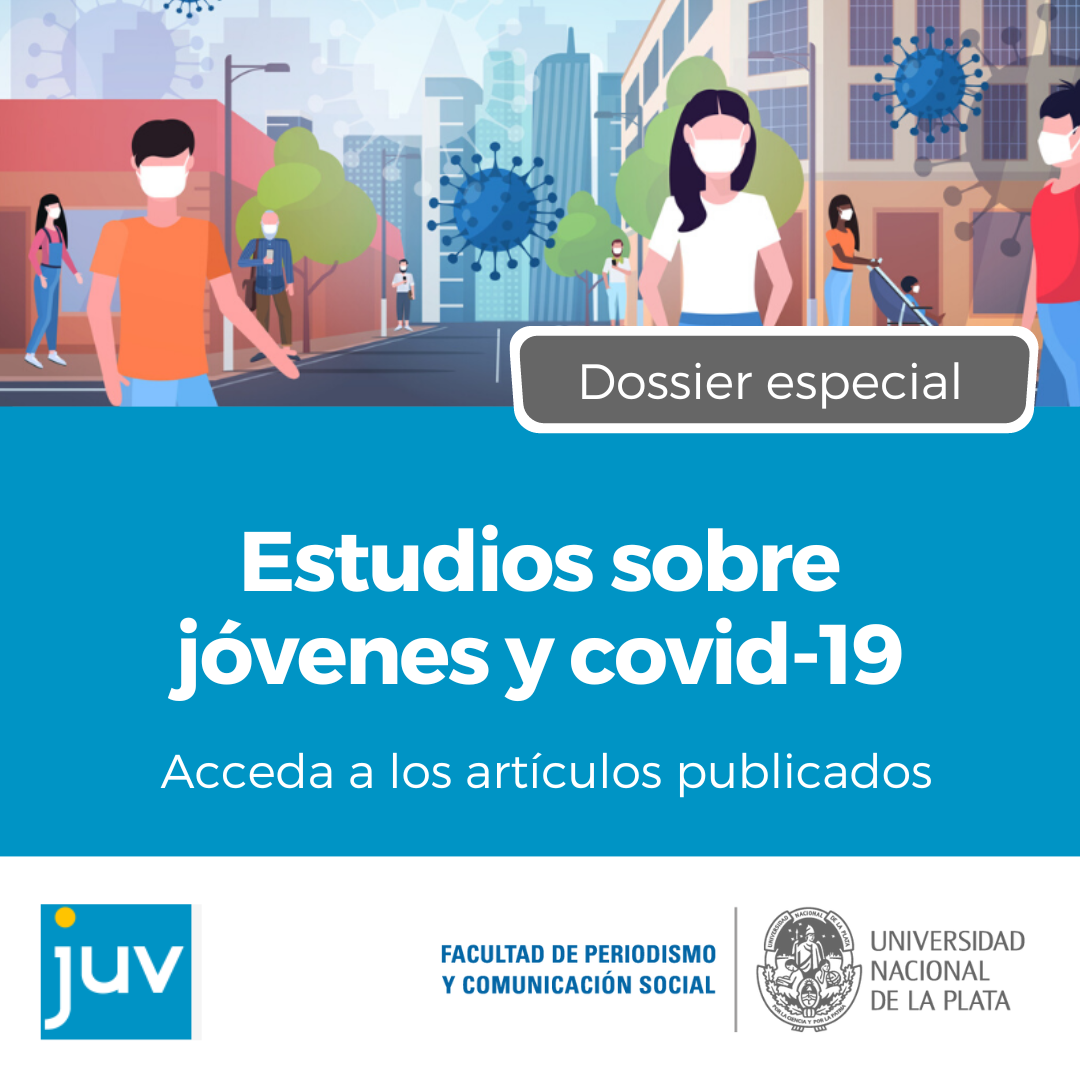




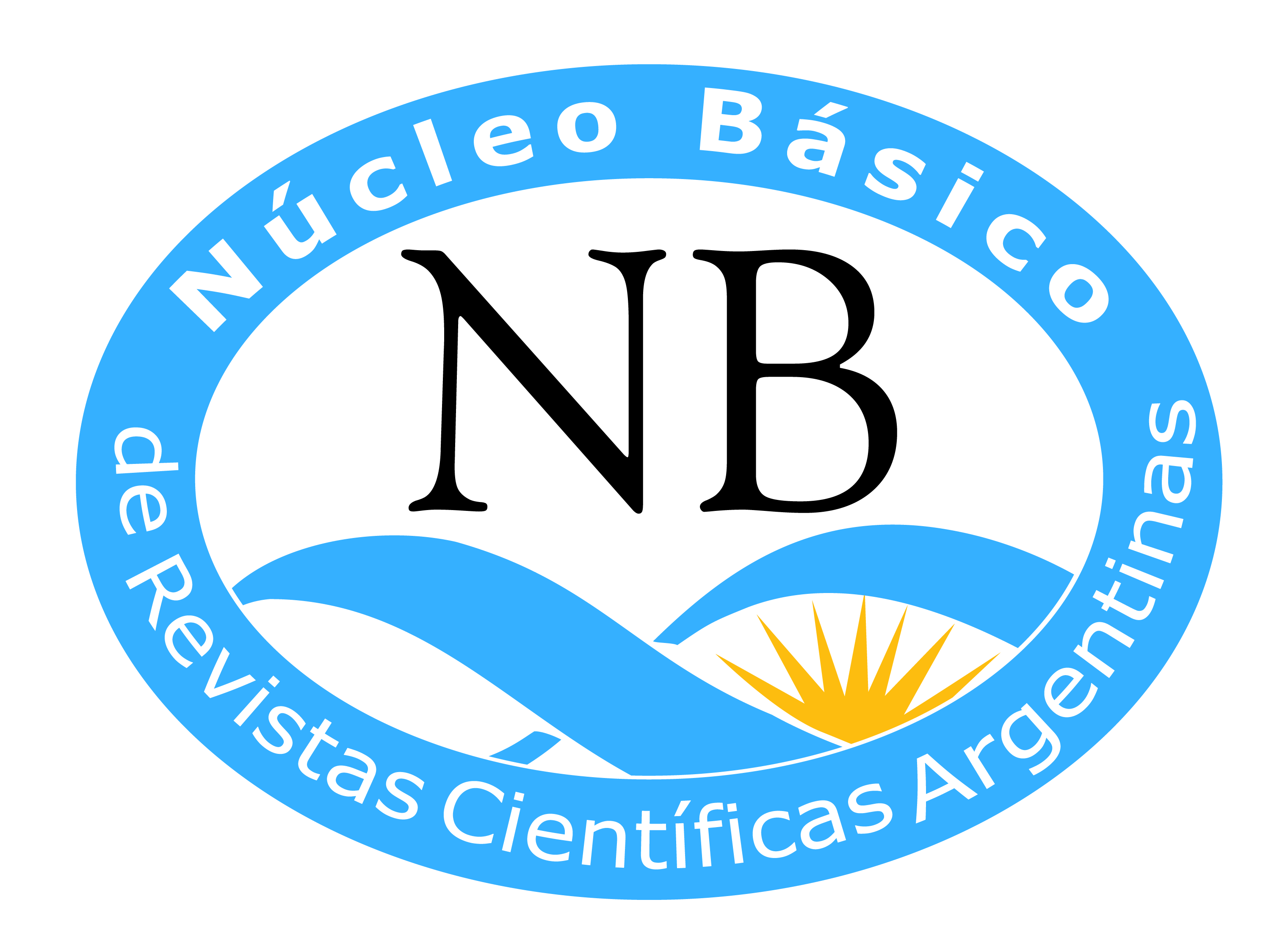
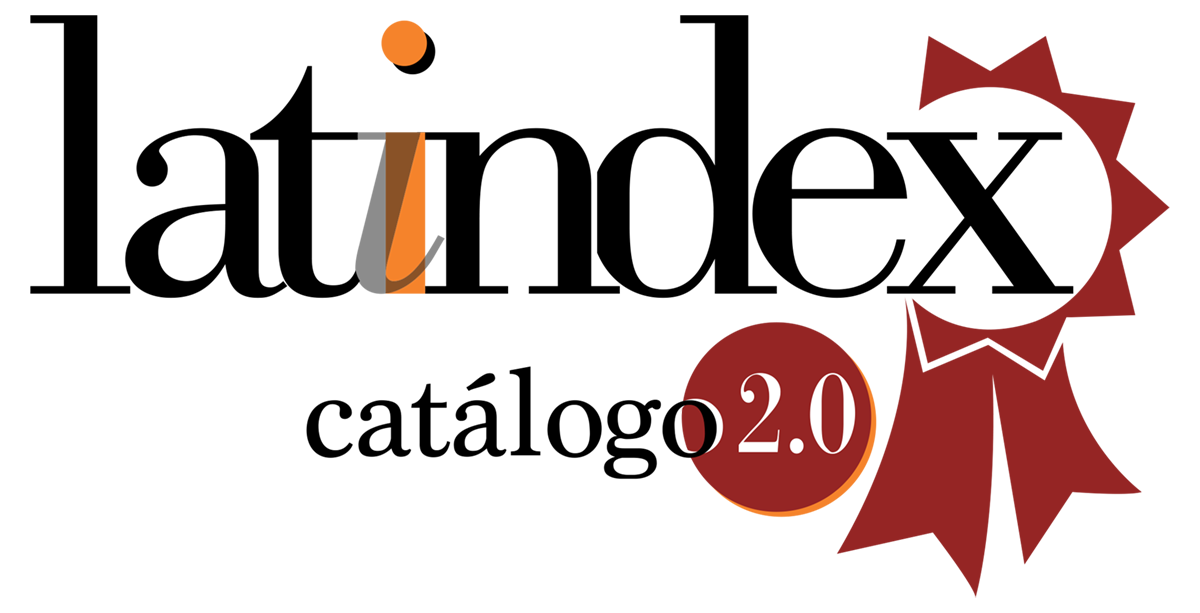

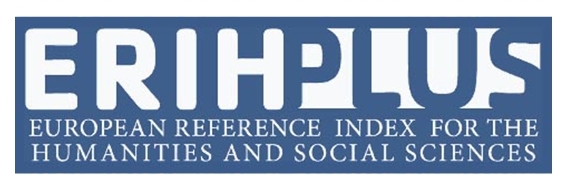



.png)















